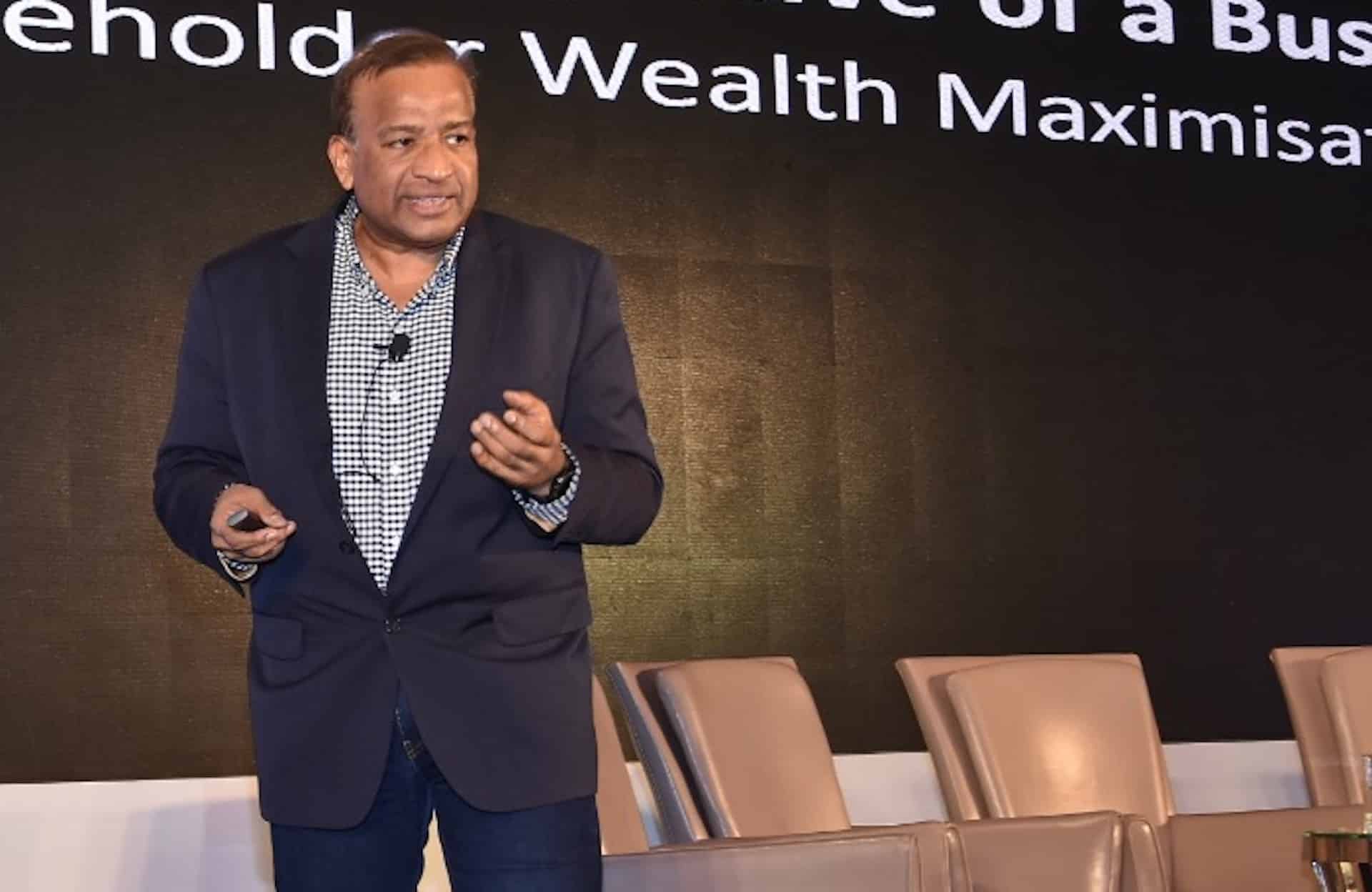In an exclusive Twitter Space with the Plunge Daily, Lloyd Mathias insisted that India shouldn’t blindly copy the recently introduced EU Digital Market Act (DMA), as it might hurt the nation’s growing e-commerce sector. “At this stage of development in e-commerce in India, I think direct replication of EU’s DMA will be detrimental,” said Lloyd in the interaction on Tuesday.
Lloyd is an angel investor who has previously worked with several multinational companies. He was the former Marketing Head of the PC section at HP Asia, and before that, the CMO Motorola SW-Asia. An alumni at London Business School and St. Xavier’s Mumbai, he had also served as the Category Director, PepsiCo India.
According to him, at the present moment, the Indian market is very different from European markets: something that Indian lawmakers needed to take into consideration before drafting the legislation. “Before comparing the EU and the Indian market, we need to recognize the size, the maturity and the complexity of the economies before blindly accepting any policy,” he said.
He also said India and Europe are very different in terms of penetration of organized markets. “When I talk of organized markets, I’m talking of large departmental stores, the large chains and the big retailers. India is still pretty much a single-digit number in that most consumers are still dependent on the neighbourhood mom and pop store at its core,” said Lloyd.
In July 2022, the Parliamentary standing committee on Finance with the CCI, Ministry of Corporate Affairs (MCA) and other representatives held a hearing with the big tech companies in the countries over allegations of anti-competitive practices. In Lloyd’s point of view, it could be counter-productive for India at this stage in development. “If you look at maybe the last two and a half years since the pandemic, we saw e-commerce become a bit of a lifeline. It was the first sector that opened up whether it was food delivery or delivery of basic groceries or basic consumer goods. With that came a little bit of mass adoption,” he said. “Later, we got into the whole online payment ecosystem that is exploding today on the back of the UPI penetration,” he added.
Lloyd also insisted that any hasty introduction of the DMA in India might come at the cost of local entrepreneurs in India. “On e-commerce, while we’re seeing dramatic growth, we have to recognize that apart from three or four big giants, there is room for a lot of smaller players. They need to grow too,” he said. “I would say if you look at some of our big e-commerce platforms, while they do have considerable technology clout, the fact is they also enable a lot of small-time retailers and a lot of SMEs or small manufacturers to reach an audience they otherwise won’t be able to,” he added.
The European Council recently adopted the Regulation on contestable and fair markets in the digital sector, which is also referred to as the Digital Markets Act (DMA). The DMA establishes a set of narrowly defined objective criteria for qualifying a large online platform as so-called gatekeeper. The act will prohibit specific actions by major platforms acting as gatekeepers. It will empower the European Commission to conduct market investigations and penalise non-compliant behaviour.
In Lloyd’s view, before copying Europe’s DMA, India still had a lot to do in digital literacy and ensure privacy, safety and security in online transactions. “One is seeing a lot of scams when it comes to financial services, and particularly vulnerable are not just digitally illiterate but even the literate. We’ve got some distance to before installing some of those safeguard processes. We cannot assume the same degree of digital sophistication from people that a lot of European markets have,” he said.
On categorizing large e-commerce companies as gatekeepers for stricter oversight, Lloyd was of the view that the definition of gatekeepers has to be defined more clearly before we draft such an Act. “I would say gatekeepers are being defined narrowly and they need to be expanded as they contribute to the success of the economy. It’s true to some extent in more developing societies, but in India, it’s also enabling a lot of the smaller players to get on to a larger space,” he said.


